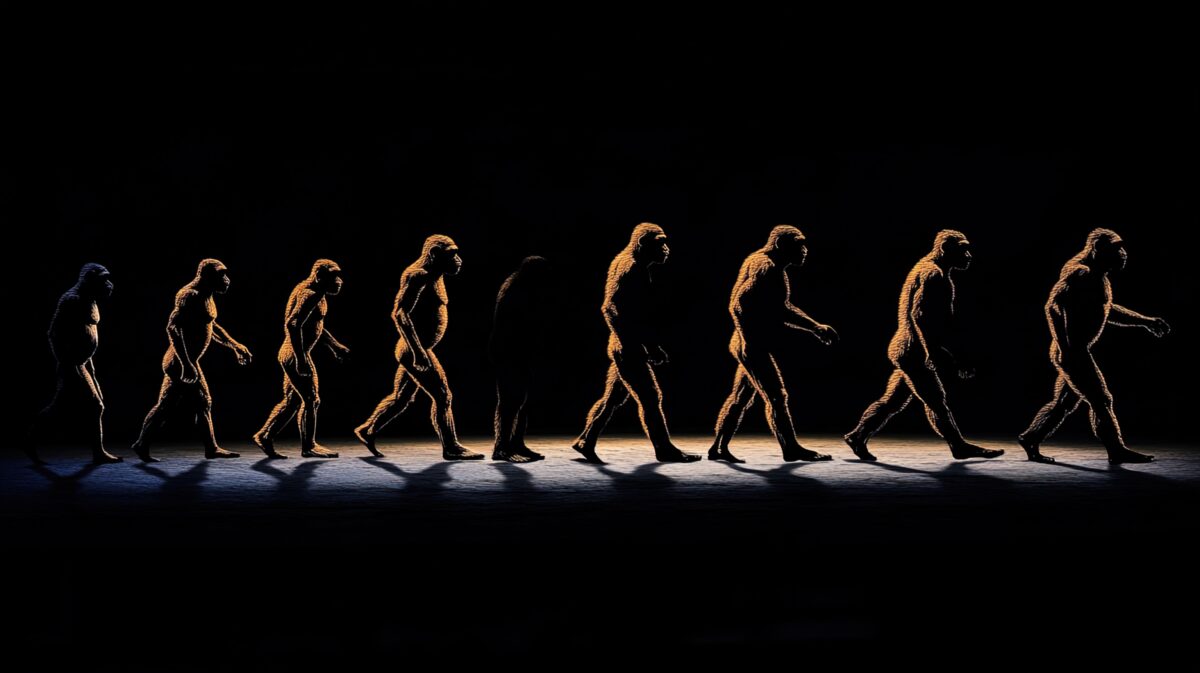Darwin’s Failed Predictions, Slide 13: “The abrupt appearance of biological forms” (from JudgingPBS.com)
[Editor’s Note: This is slide 13 in a series of 14 slides available at JudgingPBS.com, a new website featuring “Darwin’s Failed Predictions,” a response to PBS-NOVA’s online materials for their “Judgment Day: Intelligent Design on Trial” documentary.] PBS has a slide stating that evolutionary paleontologists “continue to unearth key fossils that bridge those gaps Darwin bemoaned.” But evolutionary paleontologist David Raup wrote in 1979 that “we are now about 120 years after Darwin, and knowledge of the fossil record has been greatly expanded … ironically, we have even fewer examples of evolutionary transition than we had in Darwin’s time.”1 PBS asserts that fossils discovered in the “past half century” have “filled in” gaps to explain the Cambrian explosion in evolutionary Read More ›







































